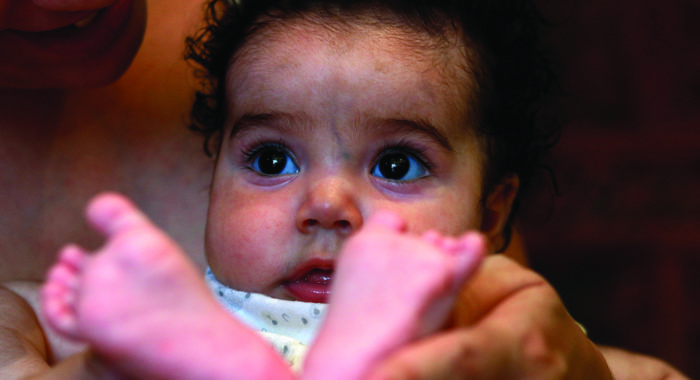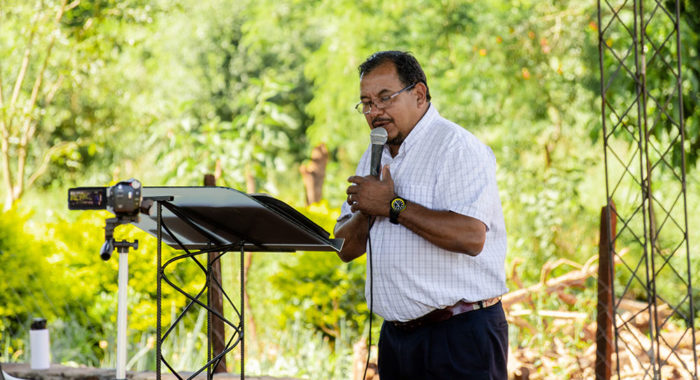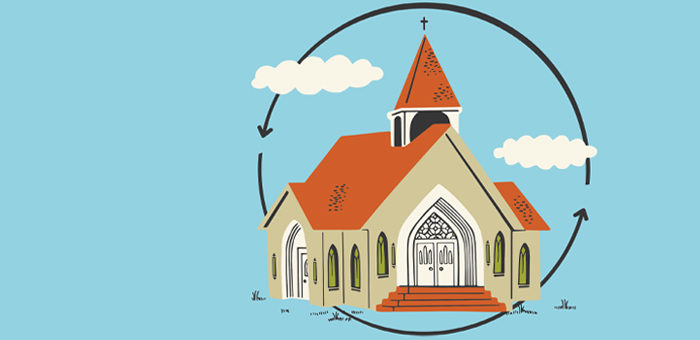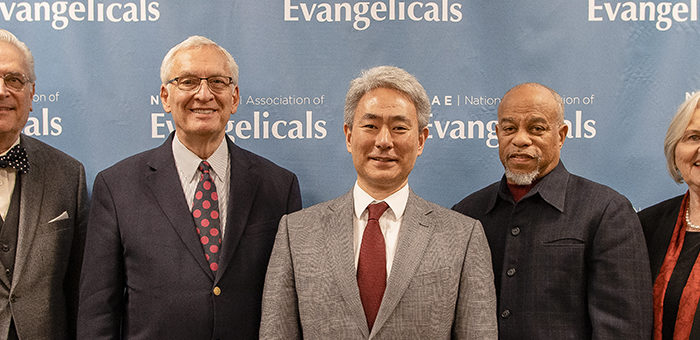
The National Association of Evangelicals laments the tragic violation of trust by ministers of the gospel who have sexually abused church members, and particularly children. Jesus spoke in graphic terms about how God views such offenses: “If anyone causes one of these little ones — those who believe in me — to stumble, it would be better for them to have a large millstone hung around their neck and to be drowned in the depths of the sea” (Matthew 18:6). Whistleblowers who bring these violations to light perform an important service to the church and to our society.
In the face of such evil, complacency is not an option. No leader should assume that sexual misconduct and child abuse occurs only in other churches or denominations. Every church needs clear policies that are consistently implemented to prevent abuses and to deal decisively with any violations of trust in full cooperation with the legal authorities.
The National Association of Evangelicals calls on every pastor to sign and follow the Code of Ethics for Pastors, which sets forth the pastor’s responsibility to:
- Avoid sinful sexual behavior and inappropriate involvement. Resist temptation: “Among you there must not be even a hint of sexual immorality” (Ephesians 5:3a);
- Identify a minister/counselor who can provide personal counseling and advice when needed;
- Develop an awareness of personal needs and vulnerabilities;
- Avoid taking advantage of the vulnerabilities of others through exploitation or manipulation; and
- Address the misconduct of another clergy member directly or, if necessary, through appropriate persons to whom that member of the clergy may be accountable.
The National Association of Evangelicals calls on every congregational leadership body to adopt the Code of Ethics for Congregations and their Leadership Teams. In particular, leadership teams should:
- Train pastors, staff and volunteers in methods of preventing the abuse of vulnerable persons, particularly children;
- Establish and use a system of church discipline to deal with members who persist in sinful ways after attempts to guide and restore them have failed;
- Deal fairly and openly with causes of scandal when they occur, within the framework of the law; and
- Maintain a safe and secure environment for public worship, study and community events.
We urge anyone who has experienced abuse to report to the appropriate church and civil authorities, regardless of how much time has elapsed. We implore church leaders to:
- Thoroughly vet all staff hires including rigorous background and reference checks;
- Screen and provide child protection training to all volunteers who have access to children;
- Establish confidential third party mechanisms for receiving reports of abuse;
- Ensure that all members of the church community know how to report concerns;
- Investigate reports promptly and thoroughly, without defensiveness;
- Take decisive disciplinary action where violations have been corroborated; and
- Offer pastoral care and support to those who have been affected by abuse of any kind.
We pray for the healing that only God can bring, for every person and congregation that has been affected.



 View All Updates
View All Updates 




























